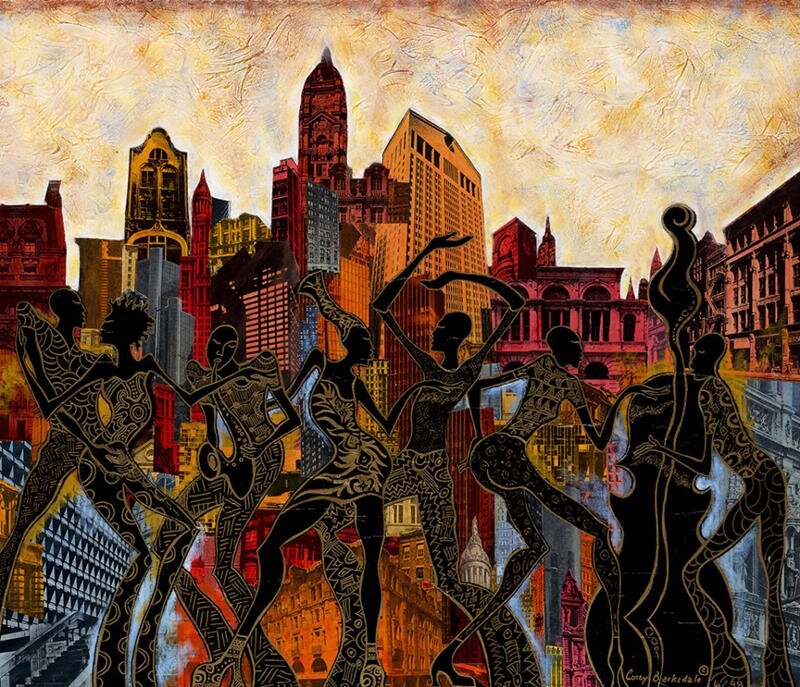
Afropolitanism
Many of my earliest papers focused on a new political current transforming African cultural and literary studies today: this is the concept of “Afropolitanism,” a term coined by both the African diaspora author, Taiye Selasi, and the Cameroonian philosopher, Achille Mbembe.
Afropolitanism refers to a way of being African in the world—of being “African” and “cosmopolitan,” and of observing African cultures themselves as hybridities formed from many different influences and roots.
In a 2016 interview, “Pan-African Legacies, Afropolitan Futures,” Achille Mbembe and I discussed the meaning of Afropolitanism, its divergence from Pan-African traditions, and its rejection of the Afrocentric methods proposed by the Kenyan writer, Ngũgĩ wa Thiong'o.
In “The Afropolitan Idea,” I further elaborated on the long tradition of thinking about cosmopolitanism in Africa.
Another essay, “Afropolitanism and the End of Black Nationalism,” published by Routledge, contained more reflections on the meaning of Afropolitanism in relation to Africa’s relationship with the African diaspora, and some of the radical implications of this current of thought.